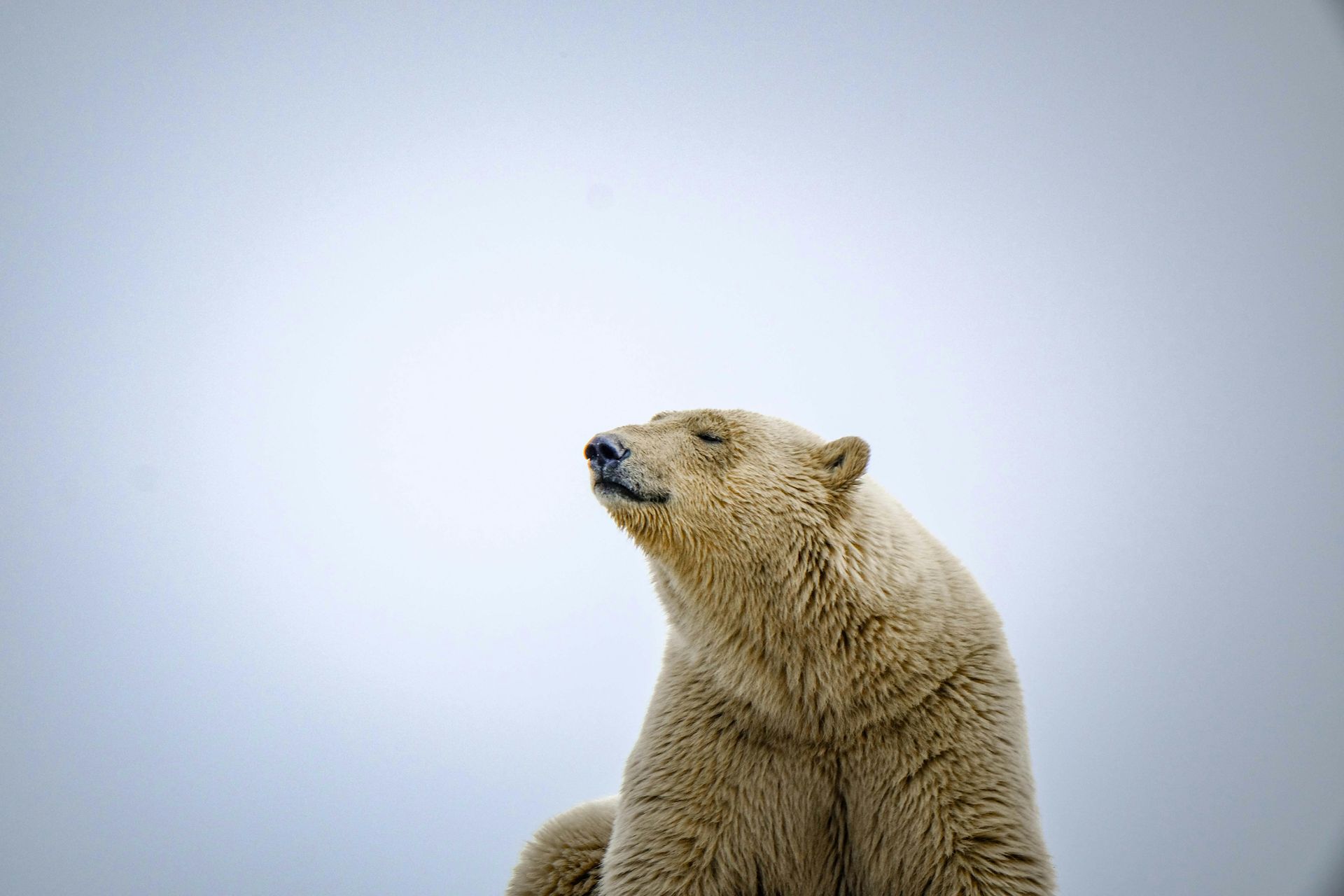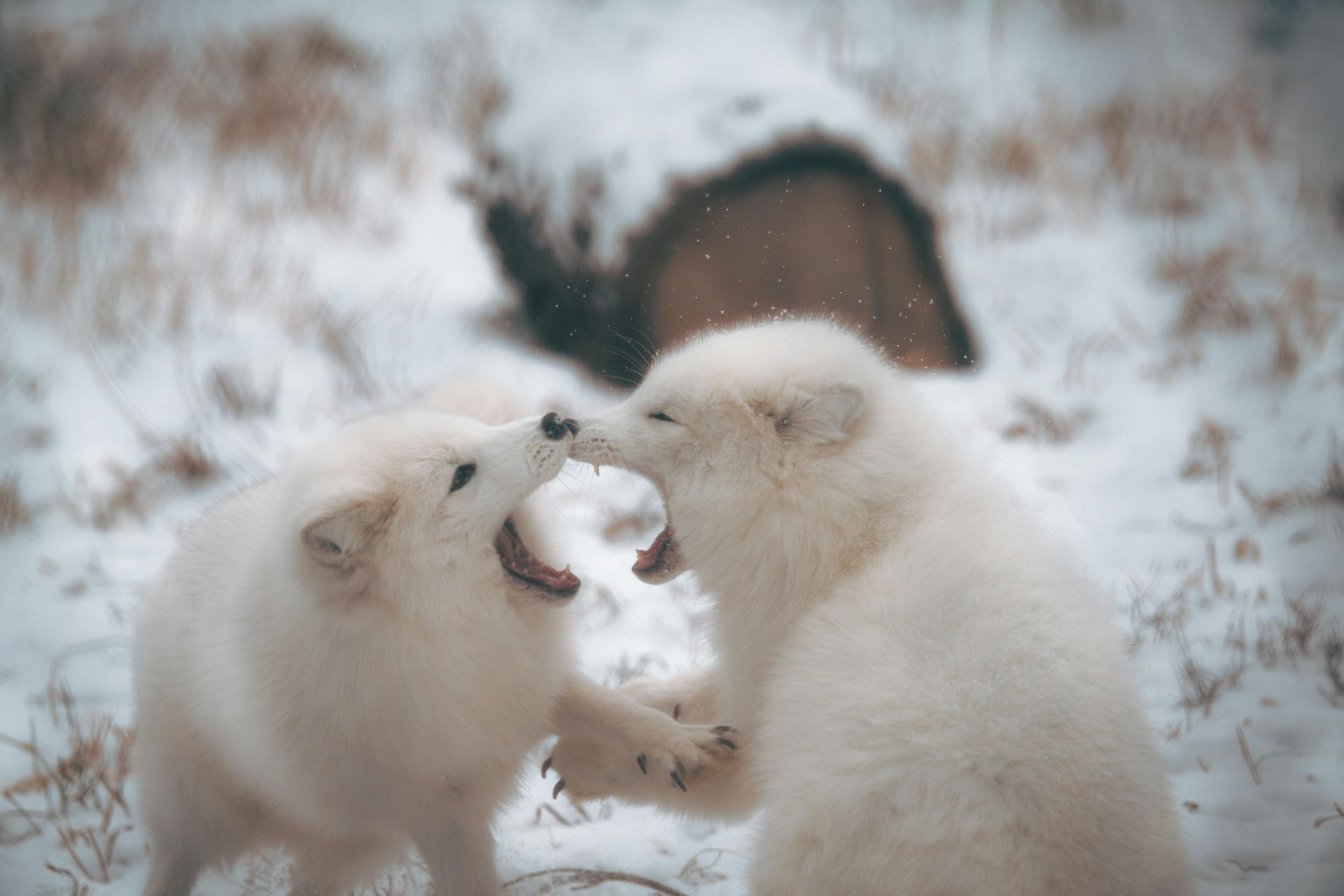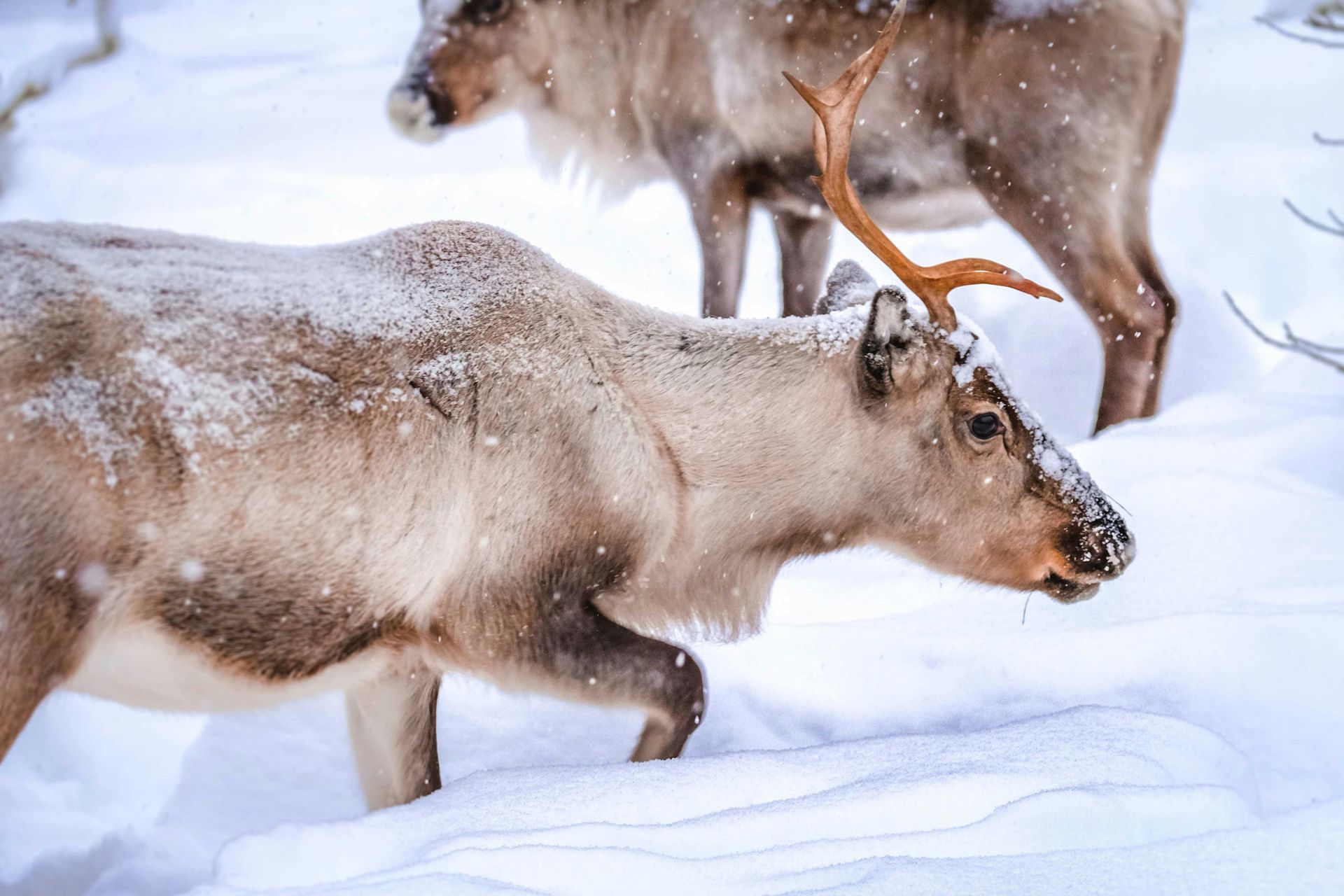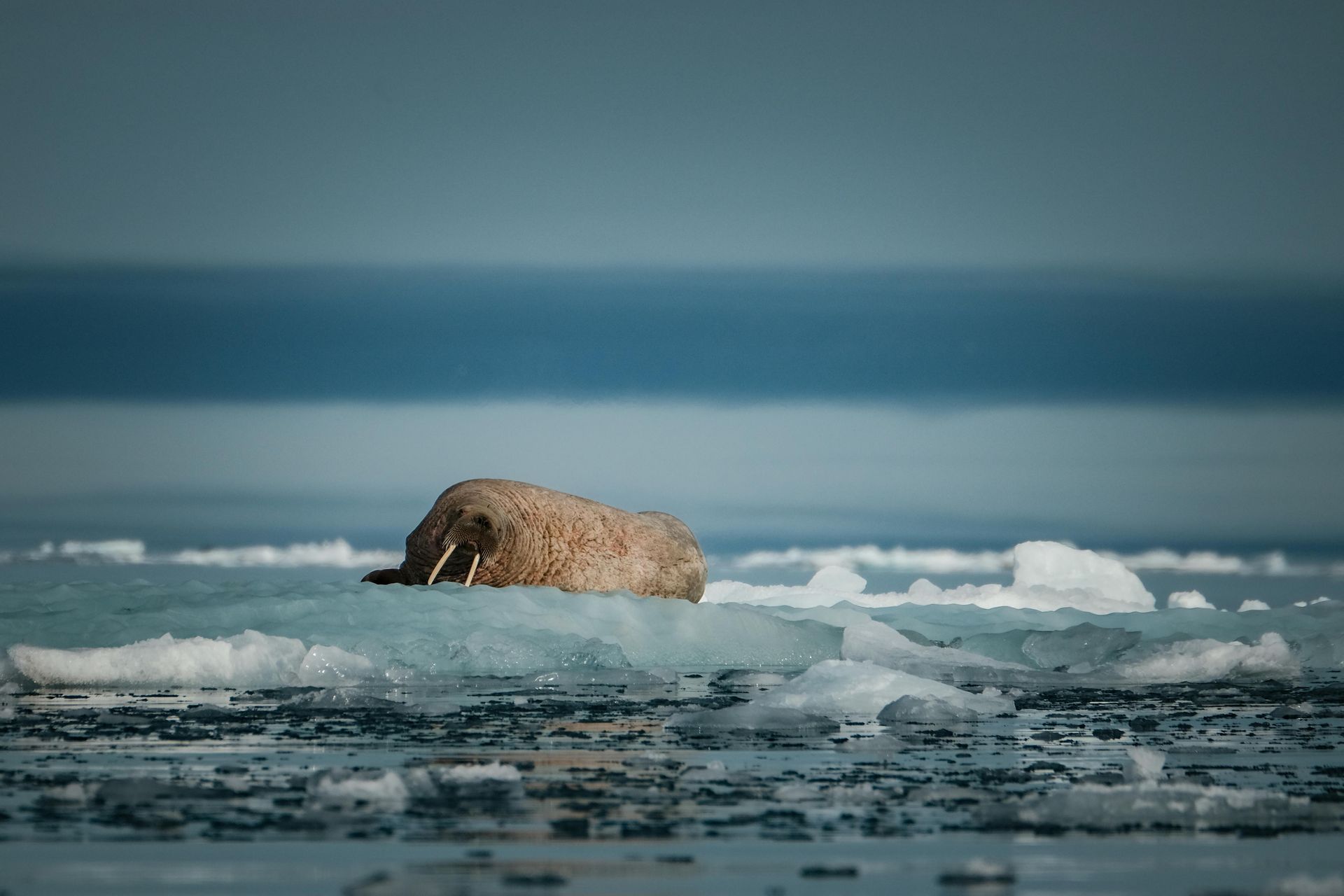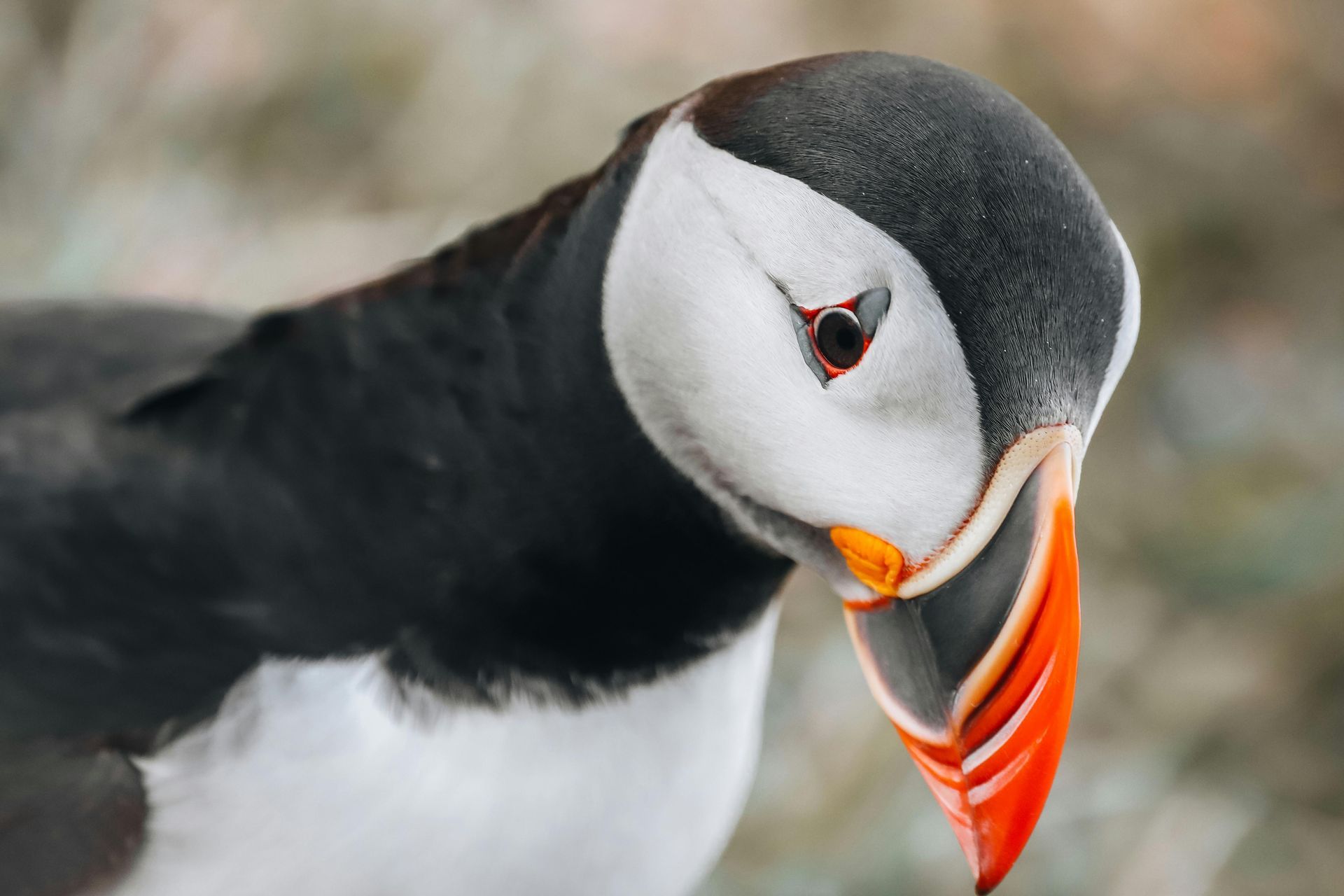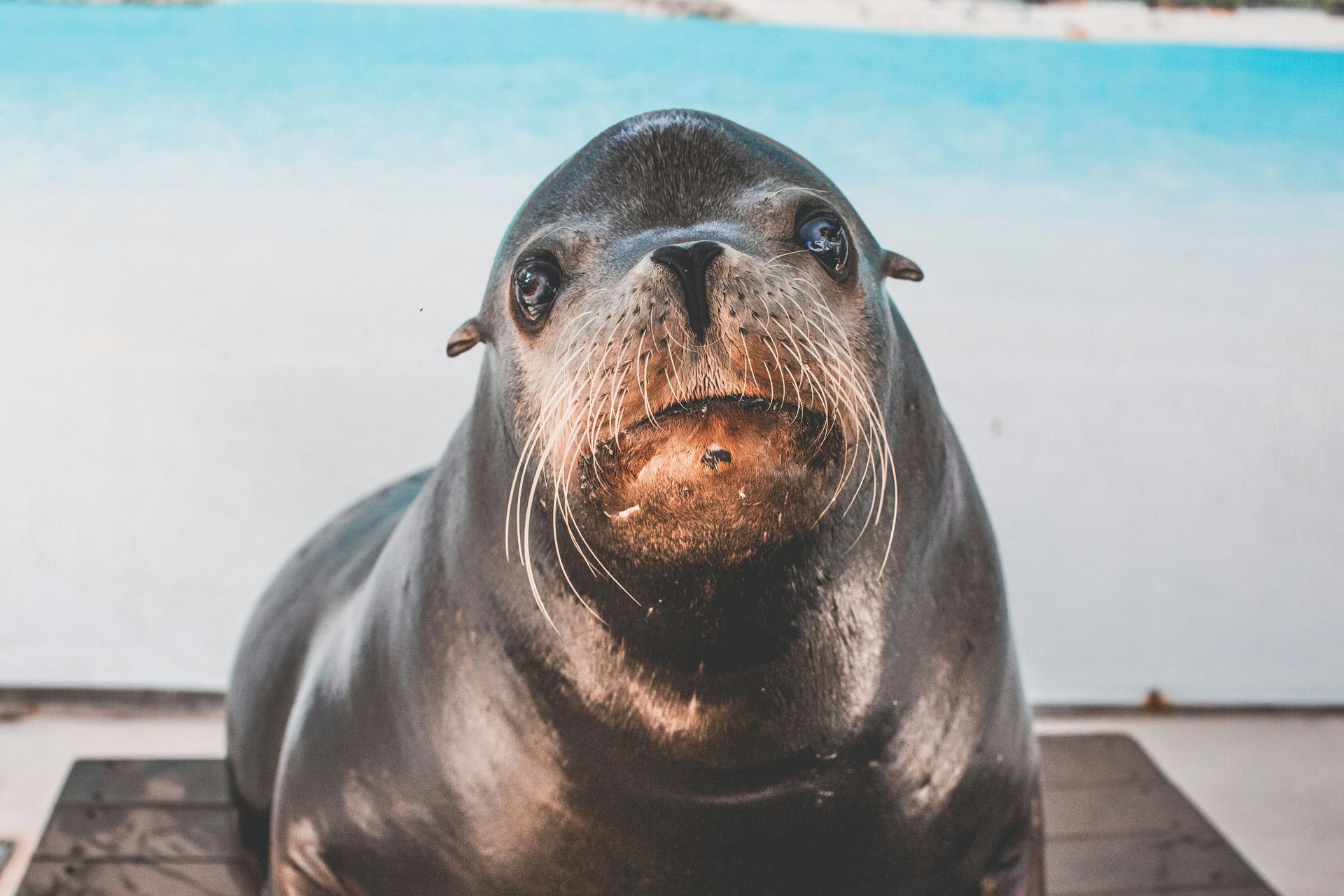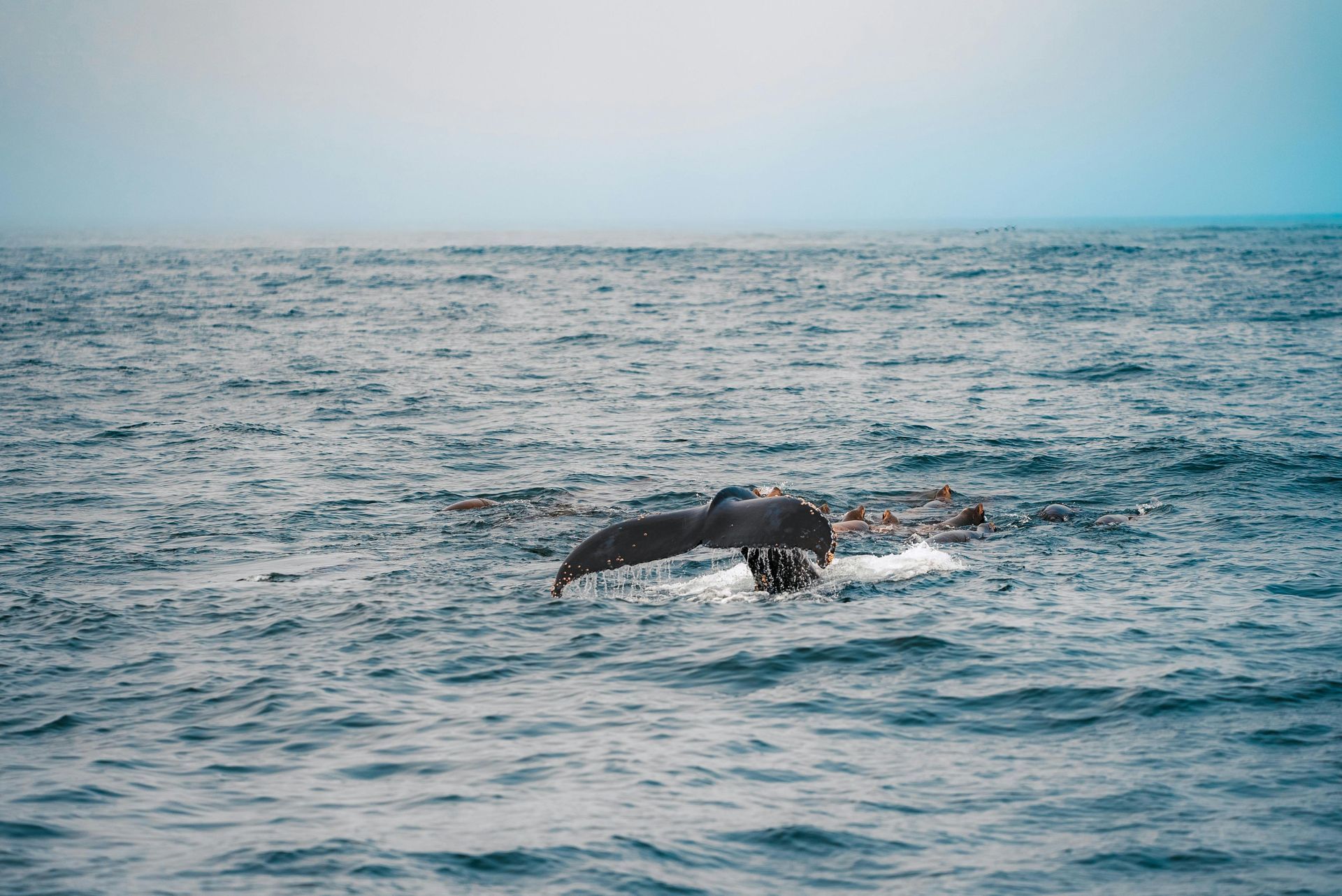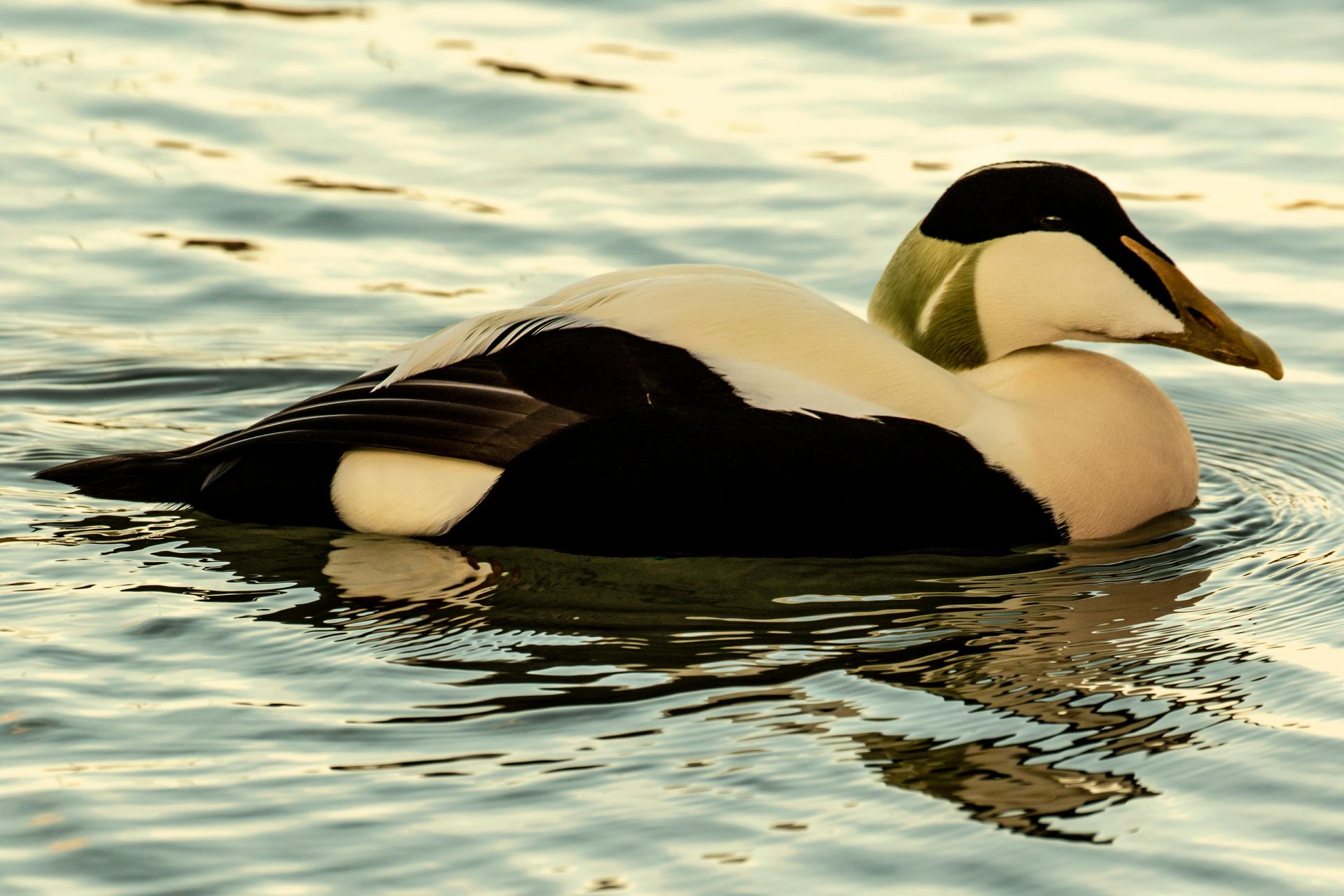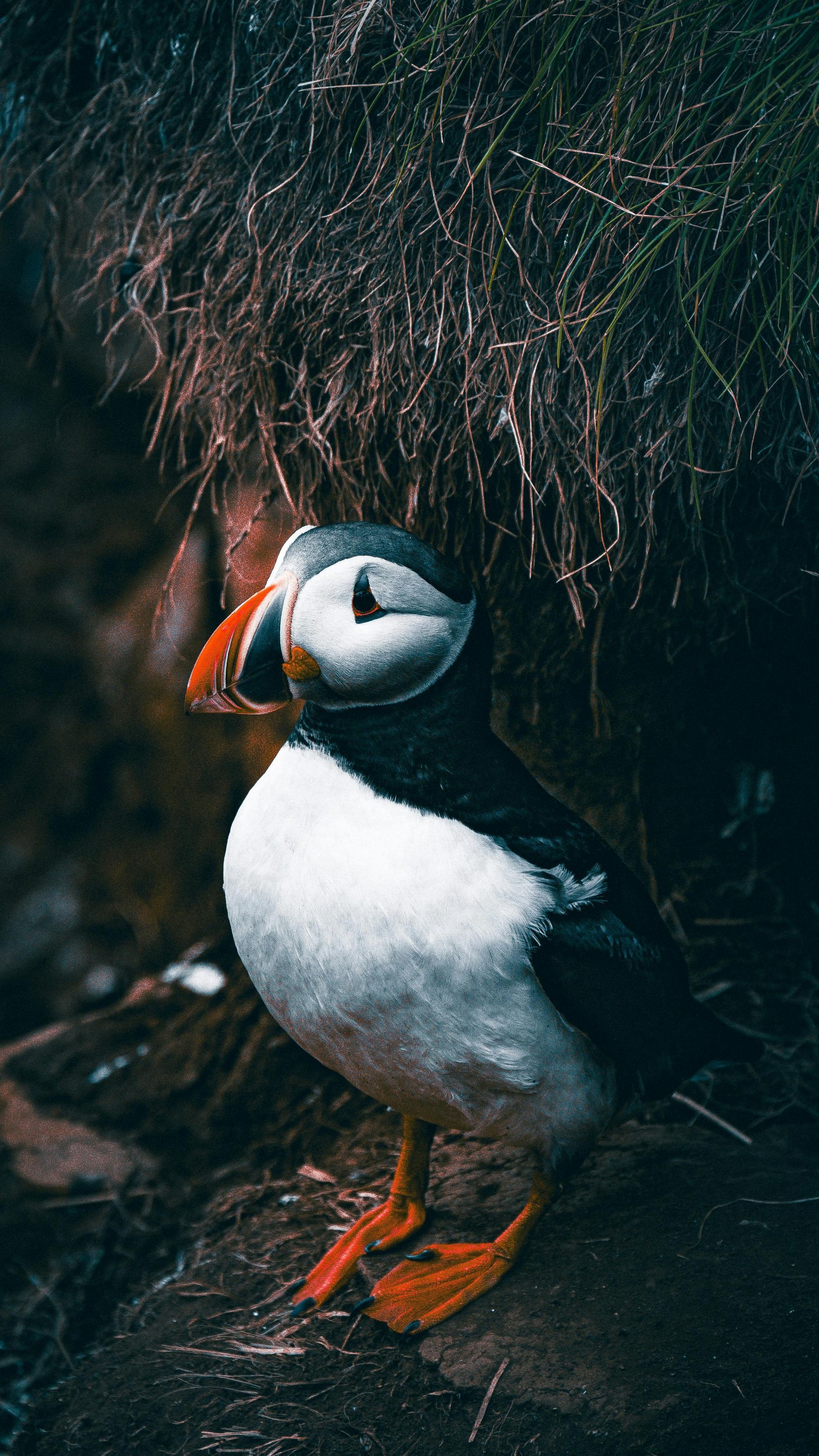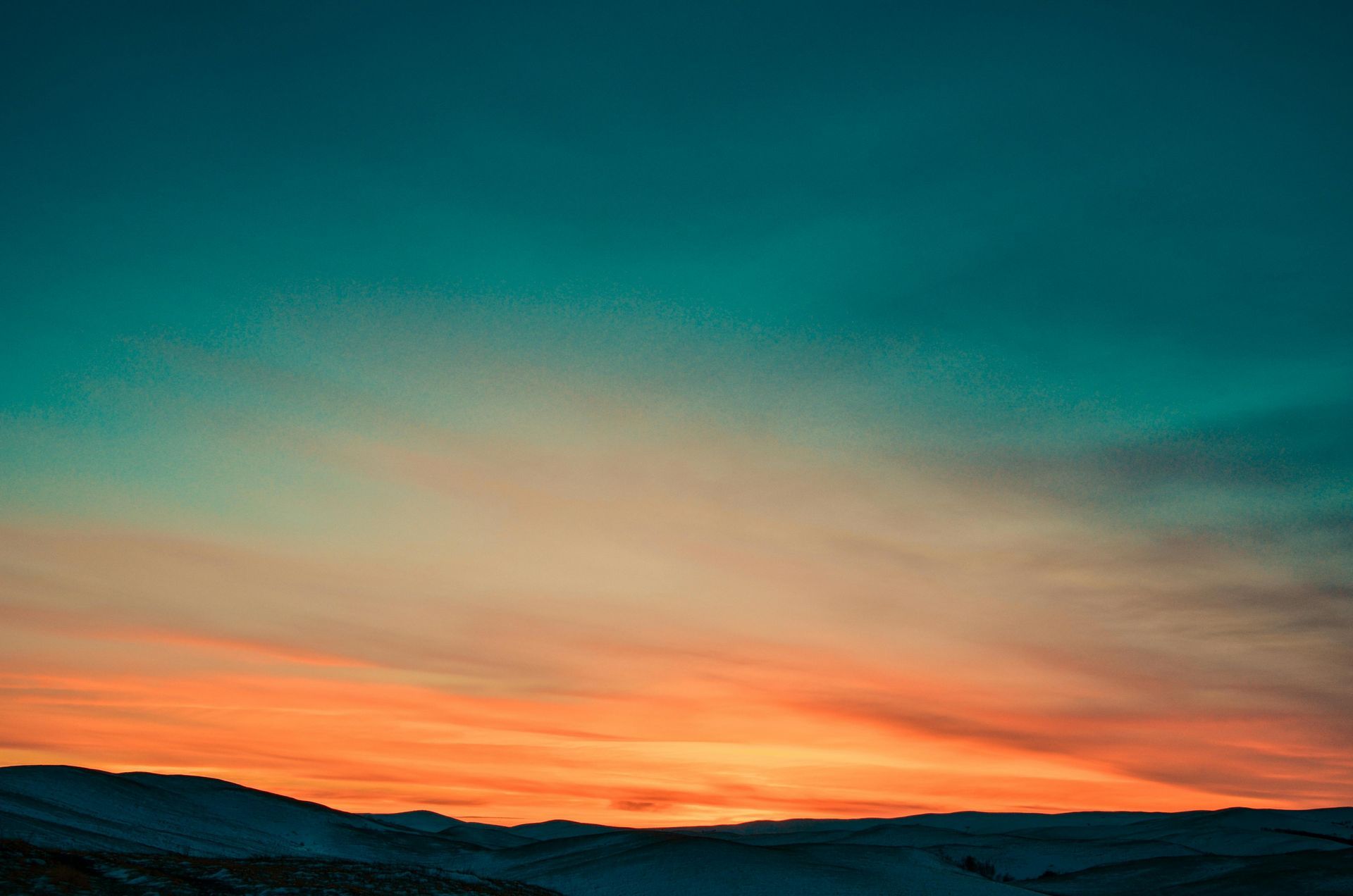Svalbard What You Should Do in January
Svalbard What You Should Do in January
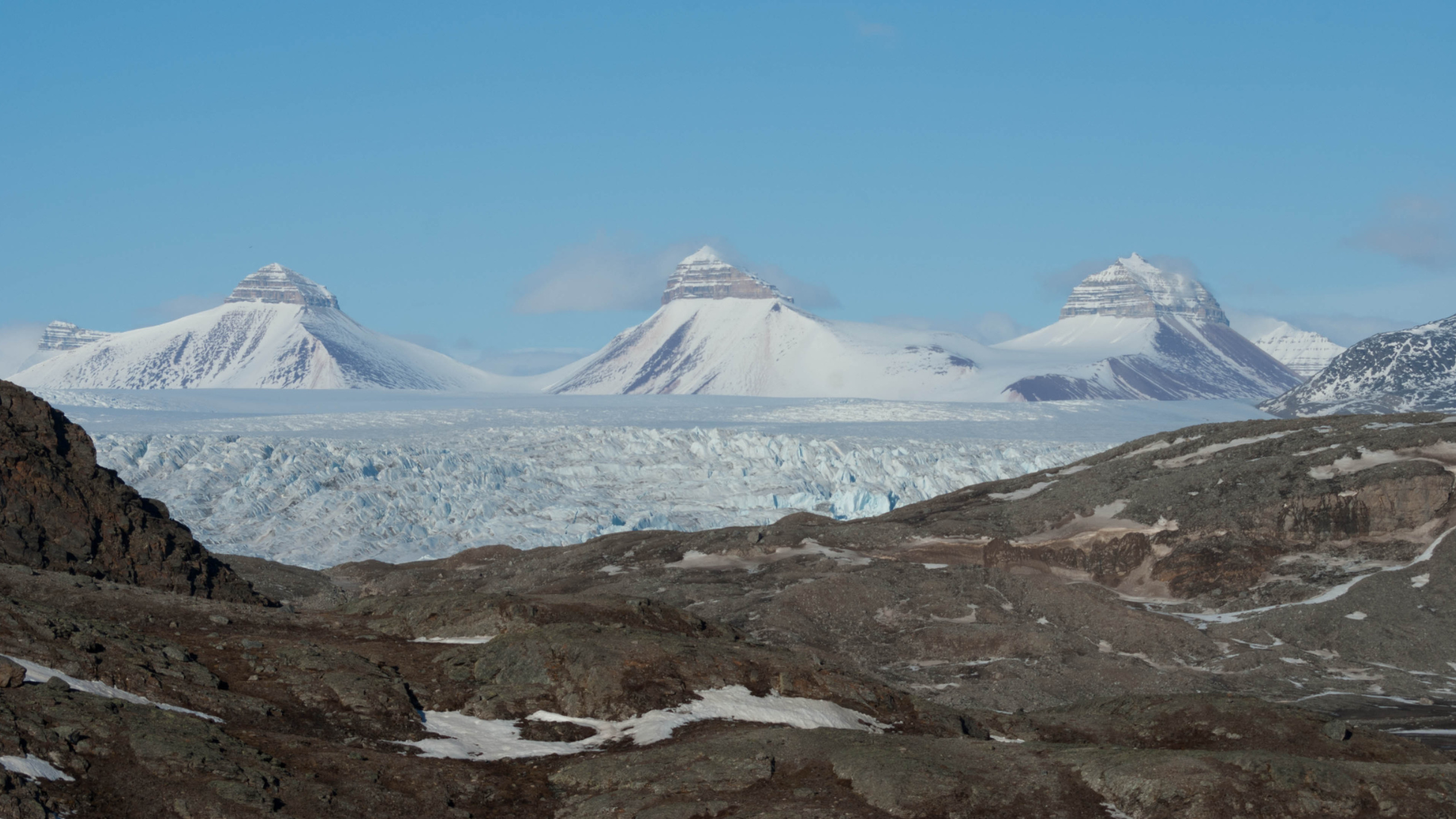
January in Svalbard is the heart of the Arctic winter, and it offers a unique experience for adventurous travelers seeking something extraordinary. With polar nights blanketing the region, the sun doesn't rise above the horizon, leaving the entire landscape bathed in twilight or complete darkness. One of the most exciting activities during this time is dog sledding. The combination of snow-covered terrain and silent, icy landscapes makes it an unforgettable way to explore the Arctic wilderness. Guided tours are available for all levels, and you can experience the thrill of gliding across the snow with a team of energetic huskies pulling you through the cold air.
Another highlight of visiting Svalbard in January is the chance to witness the Northern Lights. The long, dark nights create the perfect setting for the aurora borealis to light up the sky. These dancing lights in shades of green, purple, and pink are a mesmerizing sight, and there are plenty of places in Svalbard where the light pollution is minimal, offering optimal viewing conditions. It’s possible to join Northern Lights tours that take you to some of the best locations for experiencing this natural wonder.
Exploring the ice caves in January is also a must. As the temperatures plunge, these caves become a surreal landscape of blue ice and frozen formations. Guided tours take you deep into the glaciers, where you can marvel at the natural ice sculptures created over time. This otherworldly experience is one of the highlights of visiting Svalbard during the winter months. It's also a great opportunity to learn more about the formation of glaciers and how climate change is affecting them.
For those interested in Arctic wildlife, January is an exciting time to go on a snowmobile expedition. While polar bears are harder to spot during this time of year, the stark winter landscape offers a different kind of beauty. Snowmobile tours allow you to cover vast distances across the frozen tundra, with the possibility of encountering Arctic foxes, Svalbard reindeer, and seals along the way. The remote areas you reach on these tours feel untouched, providing a sense of true wilderness.
A visit to the Svalbard Museum in Longyearbyen is a great way to immerse yourself in the history and culture of the Arctic. The museum provides a fascinating look into the early explorers, miners, and scientists who braved the extreme conditions of Svalbard. It's a warm refuge from the cold and a chance to gain insight into the challenges of life in such an inhospitable environment.
Snowshoeing is another fantastic winter activity that allows you to explore the landscape at your own pace. This easy-to-learn sport gives you access to areas that are otherwise difficult to reach, and you’ll be able to enjoy the stillness of the Arctic winter. Many tours offer guided snowshoe treks where you can learn about the local flora and fauna, as well as the geology of the area. The tranquility of the snow-covered landscape, combined with the physical challenge of snowshoeing, makes it a rewarding experience.
If you’re looking for a more relaxing way to enjoy the Arctic environment, visiting one of Svalbard’s saunas or thermal baths can provide the perfect remedy after a day in the cold. Several hotels and lodges offer these facilities, where you can warm up and relax while gazing out at the snow-covered wilderness. It’s a great way to unwind and reflect on your Arctic adventures while staying toasty warm.
For travelers seeking a once-in-a-lifetime experience in a true winter wonderland, Svalbard in January offers a variety of exciting activities. From dog sledding and Northern Lights hunting to exploring ice caves and snowshoeing, the Arctic wilderness is filled with opportunities for adventure and discovery. The remote, pristine landscape, coupled with the unique winter conditions, makes Svalbard a dream destination for those looking to experience the extreme beauty of the far north.


